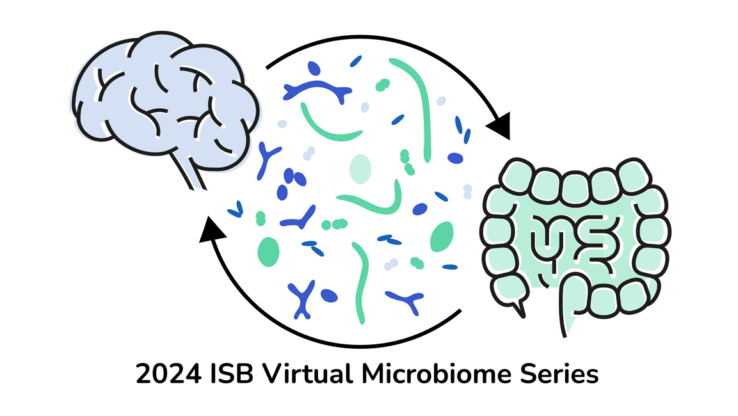Gut Microbiome Composition Predictive of Patient Response to Statins
 gibbons.isbscience.org/news/2022/05/11/gut-microbiome-composition-predictive-of-patient-response-to-statins/
gibbons.isbscience.org/news/2022/05/11/gut-microbiome-composition-predictive-of-patient-response-to-statins/More than 40 million Americans take statins, the most common type of prescription drug. While statins have been shown to effectively lower cholesterol levels and reduce the risks of stroke and heart attack, they do not work the same for everyone, and side effects of statin use include an increased risk of developing type 2 diabetes.
Researchers from Institute for Systems Biology have shown that different patient responses to statins can be explained by the variation in the human microbiome. The findings were published today in the journal Med, and offer promising avenues for optimizing precision statin treatments for individual patients.
The research team found that the composition and diversity of the gut microbiome is predictive of the efficacy of statins and the magnitude of negative side effects.
“Specifically, we found that a Bacteroides enriched microbiome with lower levels of diversity was associated with the strongest LDL-lowering response to statins, but also coincided with the greatest disruption to blood glucose levels,” said Dr. Tomasz Wilmanski, lead author of the study.
The team also found that individuals with a Ruminococcaceae enriched microbiome were protected from the negative side effects of statins on insulin resistance while also showing a clear LDL-lowering response.
Wimanski and his colleagues built statistical models with microbiome, metabolome, human genome, and clinical records from an American cohort of more than 1,800 people and made their initial discoveries about variable statin effects on both cholesterol and blood glucose markers. Next, they validated their results in an independent European cohort of nearly 1,000 people.
The unique combination of microbiome and genomic information in this study provides exciting new insights into potential approaches to precision drug treatments.
The genetic fingerprint of a patient, which includes known genetic markers of statin treatment response, has already been leveraged in the clinic to guide personalized statin treatment regimes. In this study, the authors found that the variability in statin responses explained by the microbiome were completely independent of the variability captured by the genome.
“It’s a completely different axis of variability, so we’re able to build models including both genetics and the gut microbiome to improve our statin response predictions,” Wilmanski said. “The genome and the microbiome, together, appear to provide a more comprehensive and complementary picture of personalized drug responses.”
A logical follow-up to this work is a clinical trial.
“It would be great to take this knowledge about the genome and the microbiome and predict personalized dosing regimens for a cohort of patients, and then follow these patients forward in time, tracking their metabolic health and their LDL cholesterol levels, to show that this population of patients undergoing a precision intervention do better than a control group of patients who are getting what is normally prescribed,” said ISB Assistant Professor Dr. Sean Gibbons, a corresponding author on the paper.






